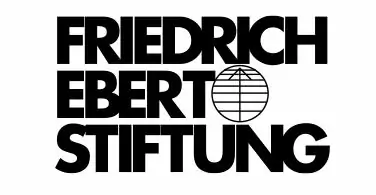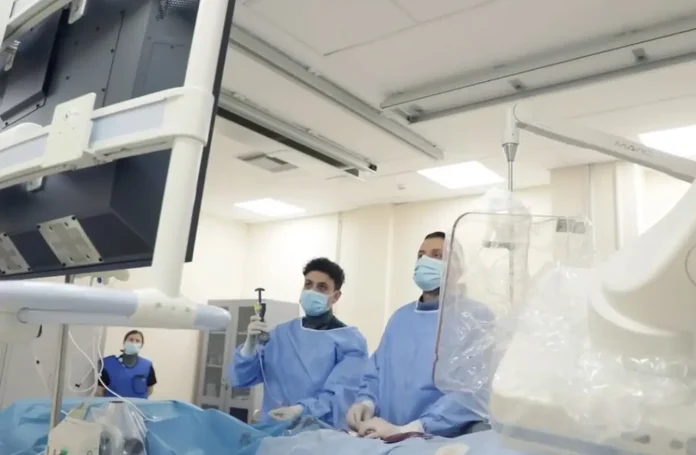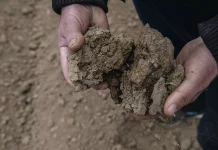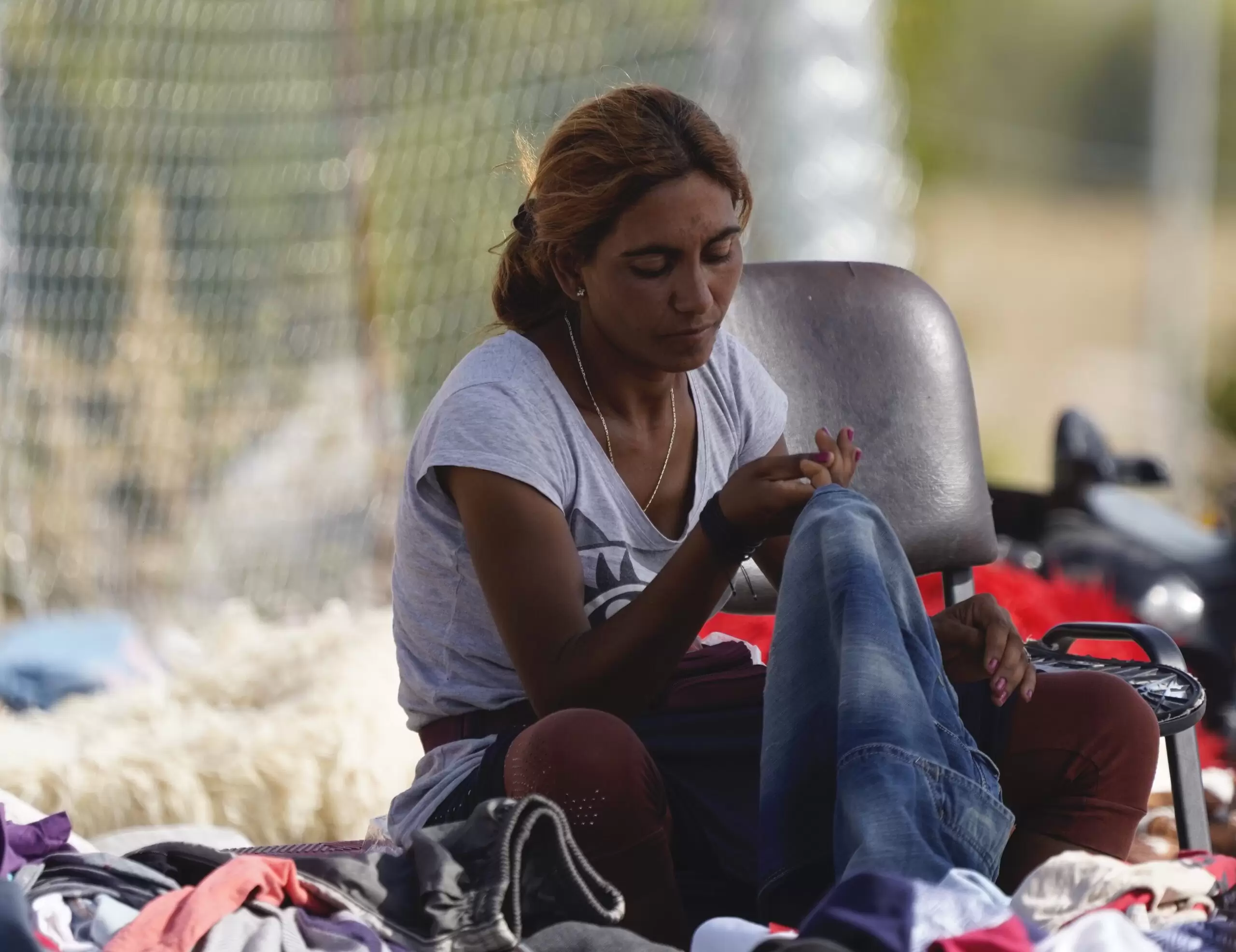By Mimoza Picari – In Albania, for the past 17 years, only kidney transplants have been performed, and only in two private healthcare facilities. These procedures are reimbursed by the state budget. For all other types of transplants, citizens with the financial means seek treatment abroad. Meanwhile, the authorities have not provided any explanation as to whether the Ministry of Health has cooperation protocols with healthcare institutions in other countries for citizens in need of such procedures. Doctors and experts emphasize that more efforts are needed to further develop the transplant field, which faces numerous challenges, from educating the public on organ donation to the high costs of delivering such services.
The healthcare system in Albania faces many obstacles when it comes to organ transplants. Although the 2011 law ‘On the transplantation of tissues, cells and organs in the Republic of Albania’ established a legal framework for all organs, transplants are carried out only for kidneys, regulated legally since 1997.
This service is offered by two private hospitals and is reimbursed by the state. Since 2008, 335 kidney transplants have been performed from living donors with family relations, according to data presented at the international congress organized for the first time in Albania by the European Society for Organ Transplantation. However, no progress has been made beyond this point. Medical professionals and healthcare experts are now raising the issue of advancing transplant services in Albania to include procedures like liver, bone marrow, or pancreas transplants, compared to the 15 to 18 types of transplants currently available globally, some of which are still in experimental stages.
Dr. Arvin Dibra, head of Surgical Clinic 1 at QSUT, told Faktoje.al that efforts should be increased to make other types of transplants possible in Albania, in addition to kidney transplants, which are the most commonly performed worldwide.
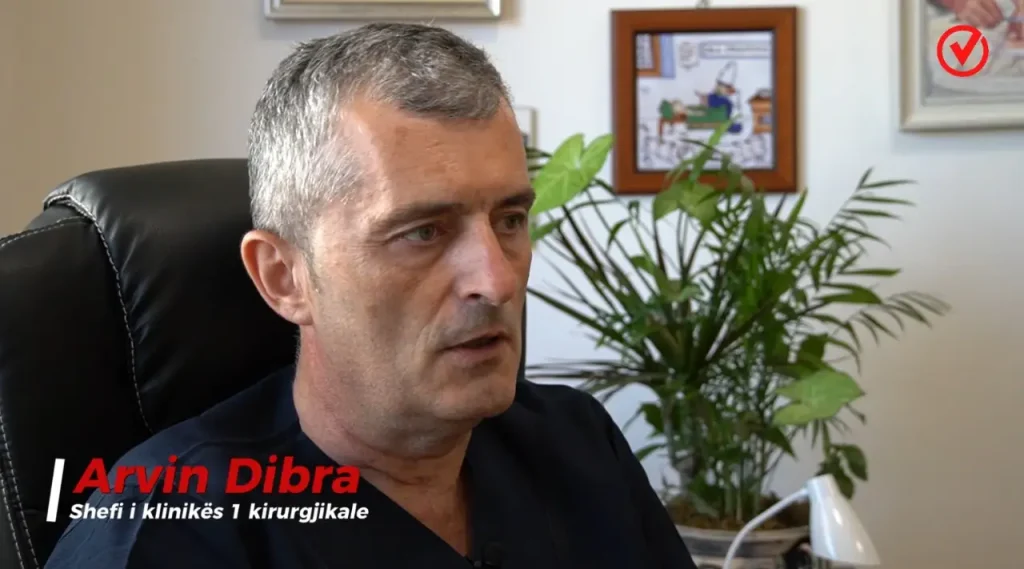
‘Considering the epidemiology and the transplant needs, I think they are likely similar here as well. I believe this is a field we need to start working on and make efforts to offer this service, which is very complex and therefore requires special, multidisciplinary care. People might have the illusion that it’s enough to simply know how to remove and place an organ, but there is actually a multidimensional plan that must be developed. Without this, every individual transplant procedure, such as those once performed at QSUT, would remain the work of an individual rather than a comprehensive service’, says Arvin Dibra, head of Surgical Clinic 1 at QSUT.
On the other hand, nephrologist Arjana Strakosha told Faktoje.al in a written statement that improvements are needed in kidney transplantation, focusing on transplants from deceased donors, as well as legal regulations that would allow kidney transplants through living donor exchanges in cases of incompatibility.
But the question today, given the current medical landscape in Albania, is: What happens to citizens who have life-critical needs for other organ transplants? The Ministry of Health did not respond to Faktoje.al’s request for an interview regarding transplantation issues in Albania and, as of the time of this publication, has not clarified whether it holds cooperation protocols with healthcare institutions abroad for performing other types of transplants reimbursed by the Albanian state budget.
However, unofficial sources indicate that the vast majority of citizens with such needs have to arrange for treatment abroad at their own expense’.
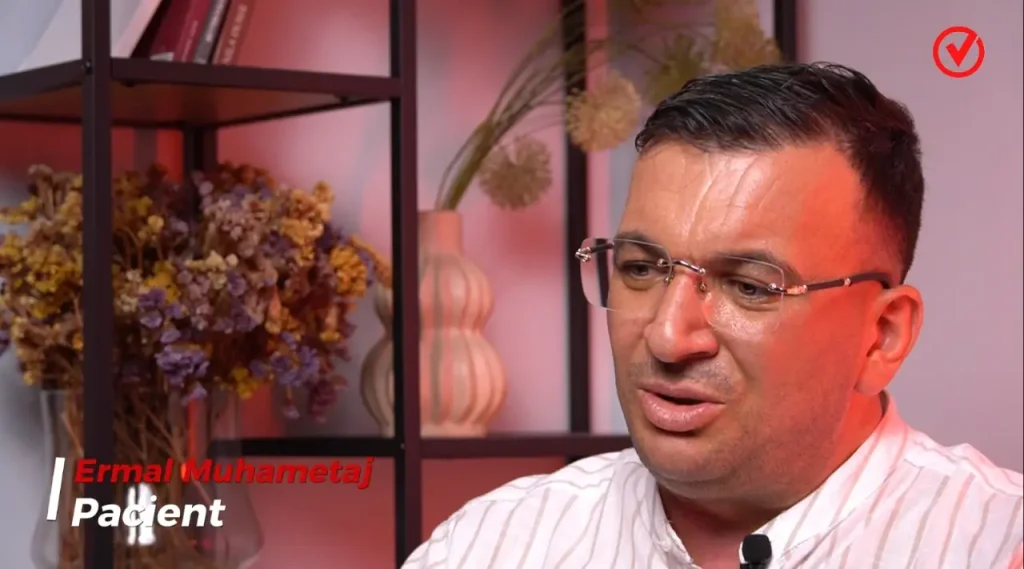
Faktoje.al secured the testimony of citizen Ermal Muhametaj, who had a bone marrow transplant in Turkey (Acibadem Hospital), as well as the testimony of a relative of a patient who underwent a liver transplant. Both were informed by doctors, after their diagnosis in Albania, that they could not be treated in the country.
‘The doctor told me here you could sell your house and everything, but there is no solution in Albania. The only option was to go abroad. Turkey was open for travel at that time, this was in 2020, during Covid, and that’s where we went’, said Mr. Muhametaj.
The relative of the liver transplant patient wished to remain anonymous. She confirmed the same situation as Mr. Muhametaj.
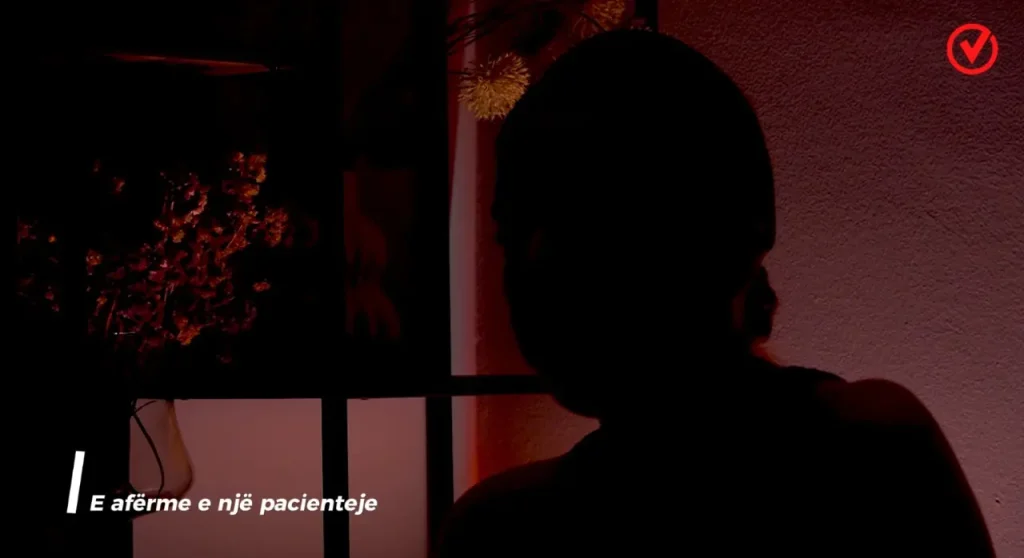
‘Albanian doctors told us there is no solution here in Albania; no other type of treatment can be performed. If you don’t try to find a way to go to a hospital abroad for the transplant, you won’t find a solution in either public or private healthcare institutions in Albania, and the patient may survive only two to three months’, says the patient’s relative, who wished to remain anonymous.
Today, both patients enjoy good health, five and three years respectively after their transplants, but their family budgets have been severely affected. Mr. Muhametaj says his family has spent over 200,000 euros so far, while the relative of the other patient has spent about 80,000 euros, also due to several unforeseen medical interventions.
Faktoje.al also contacted the representative of the Turkish ‘Acibadem’ Hospital in Albania to find out more about the number of Albanian patients who underwent transplants in 2024 at this hospital alone, as well as the costs of some of these procedures.
‘There are many applications, but due to costs and fears like ‘where the organ will come from, to whom will I give the organ,’ 17 kidney transplants have been performed, 8 liver transplants, and 16 bone marrow transplants. The kidney transplant package, just for Albania and Kosovo, costs 20,000 euros; the liver transplant costs 60,000 euros; and the bone marrow transplant costs 35,000 euros’, confirms Flora Manuka, representative of the Turkish hospital group ‘Acibadem’ in Albania.
Therefore, those patients are fortunate enough to afford significant financial sums, and when everything goes well, manage to receive treatment in various hospitals abroad. Meanwhile, there is no data on how many citizens have had transplants abroad or how many needed such transplants or others and lost their lives due to financial inability. Faktoje.al was unable to get a comment from the Ministry of Health on this issue or on other aspects related to the current situation and future prospects in the field of transplants, up to the publication of this article.
Nevertheless, many experts now know what is needed both for kidney transplants and for the future development of other transplants in Albania.
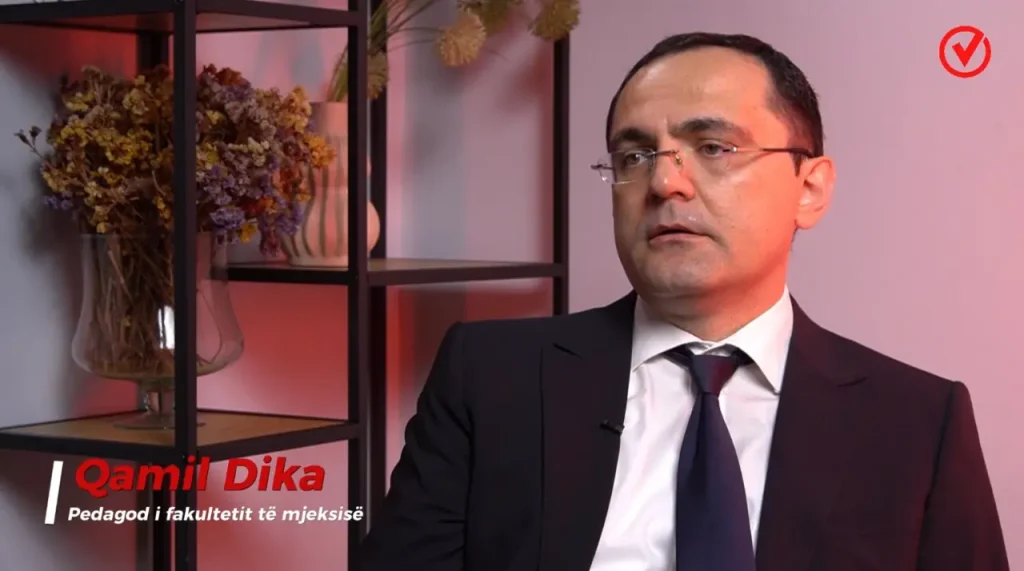
‘One aspect that affects the transplant process is quality. In other words, a medical service offering transplants must absolutely guarantee that this process is carried out at a high professional standard. Another important aspect is safety, because there can be abuse by various operators who may offer this service, or by professionals who may be problematic in this regard. Transplantation is also a process that affects the budget. It consumes a very high portion of the healthcare system’s budget. This system must also act as a guarantor of individuals’ lives by increasing budget allocations to provide greater access to transplantation’, argues Qamil Dika, lecturer at the Faculty of Medicine in Tirana, for Faktoje.al.
The head of Surgical Clinic 1 at QSUT, Mr. Dibra, confirmed to Faktoje.al that some preparations have begun on both technical and social levels regarding the further development of the transplant field, highlighting a serious project, as he calls it, being developed by a working group from the Ministry of Health, QSUT, and Tor Vergata University in Rome. According to Mr. Dibra, much importance lies in the preparation and specialization of medical teams as well as society’s awareness regarding the concept of organ donation.
‘Donation is a challenge even in developed countries. We are aware that for 30–40 years there has been talk, work, and laws passed on this matter, and still, donation remains a problem. We too need to begin directing social thinking toward the need for such treatment, just as considerable efforts have been made in the field of blood donation. If we compare it with 20 or 25 years ago, we’re in a much better place. We still have many unmet needs, but we are significantly better than before. We need to start working in this direction as well’, argues Mr. Dibra.
Even in the developed world, the field of transplantation presents many challenges, while in the region these challenges are even greater. On the other hand, Albanian medicine, which has gone through a difficult transitional period with slow progress, sometimes steady, sometimes not, still needs time to face a demanding field such as organ transplantation. But today, Albanian healthcare professionals are fostering debate around it, which, at the very least for now, paves the way for the future in this area.
This article was prepared with support from the Friedrich Ebert Foundation in Tirana.
